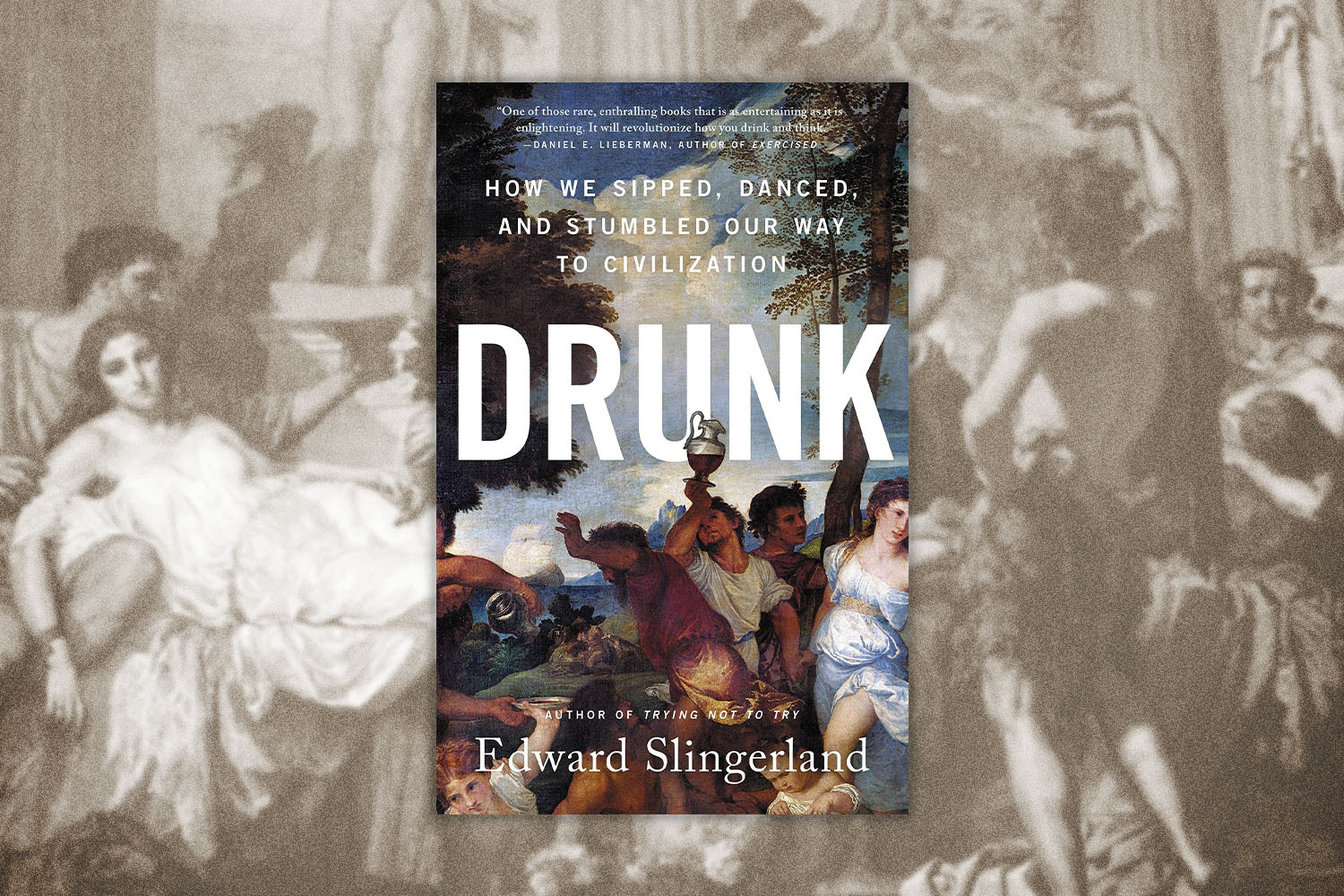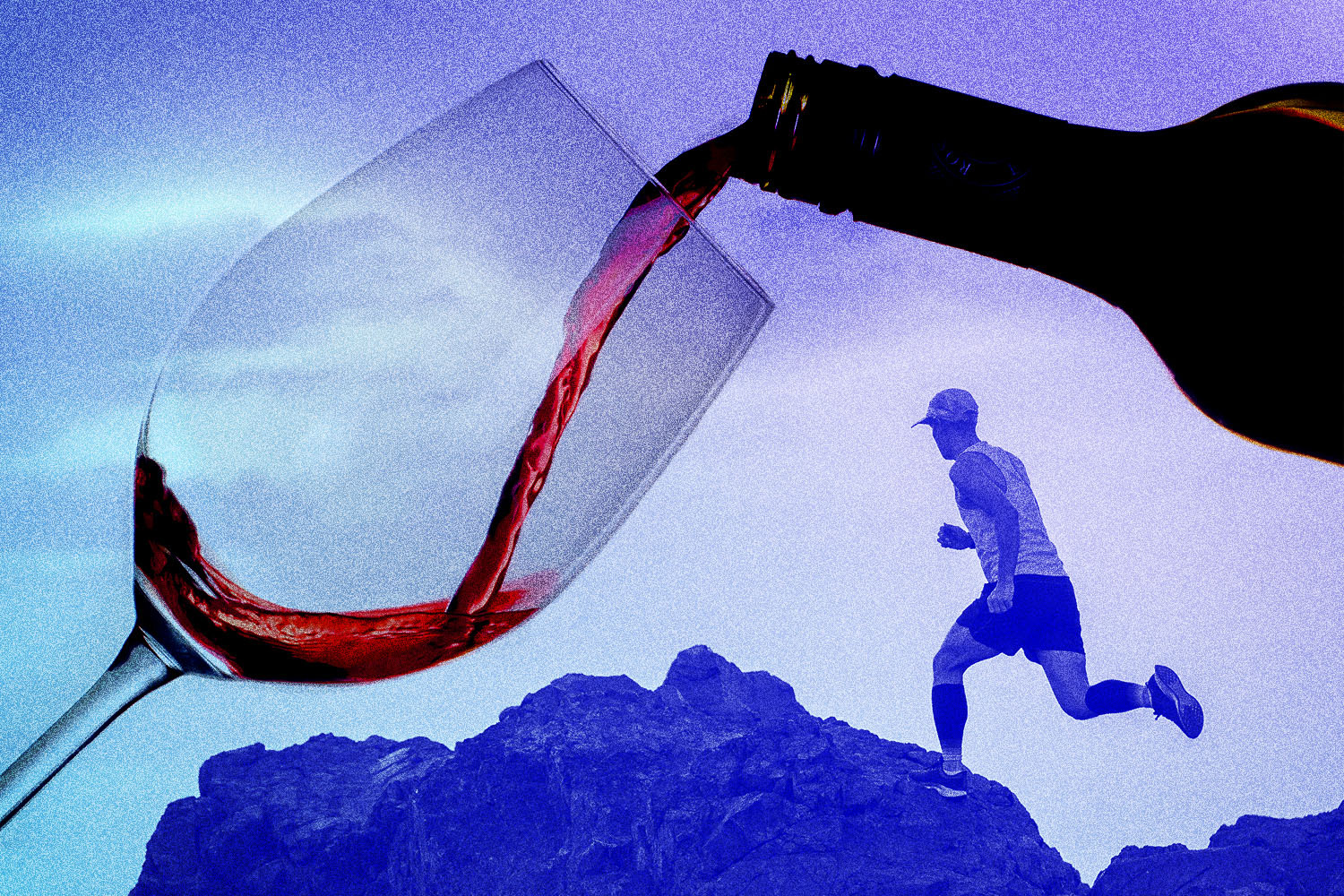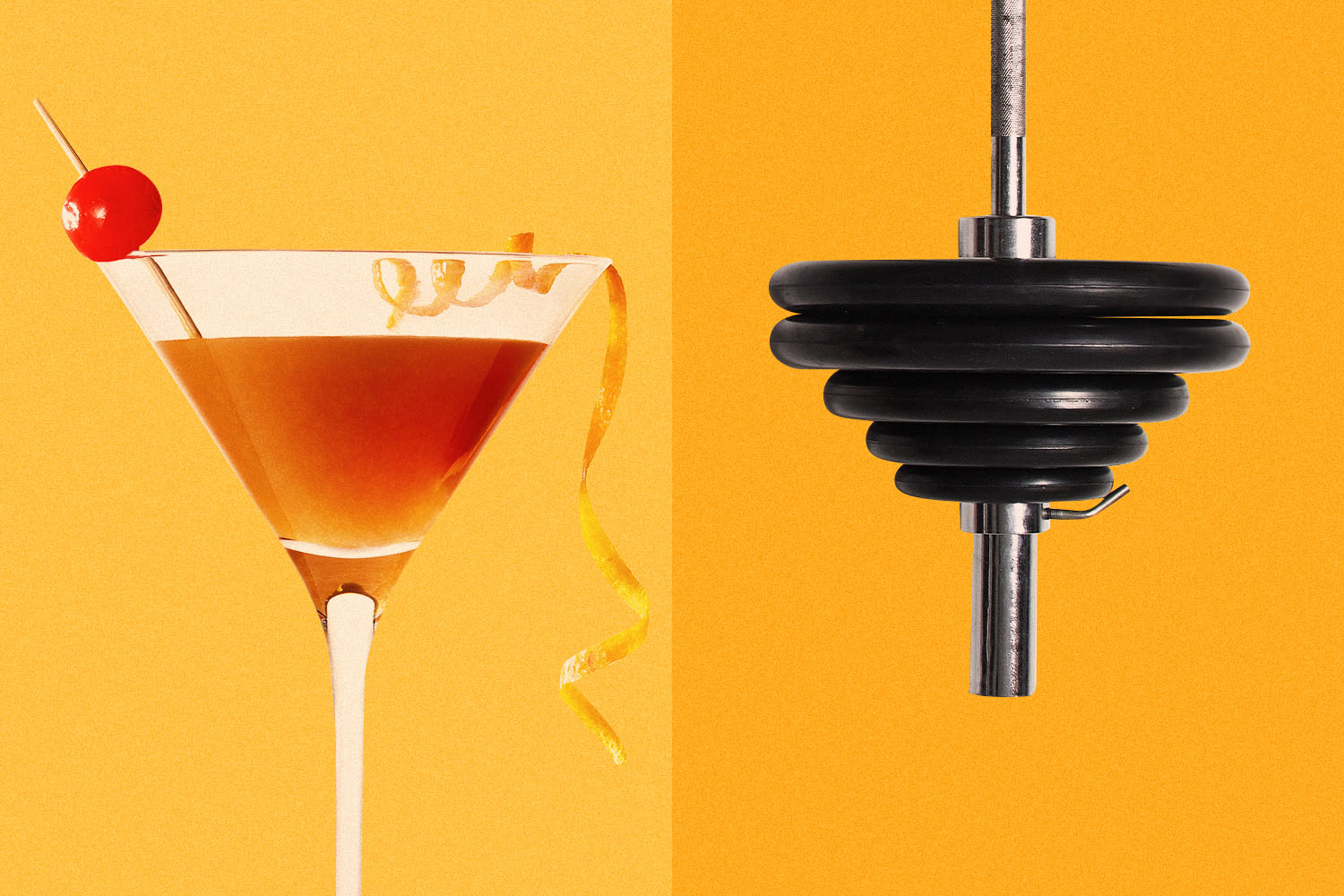Important medical update: “Breaking the seal” isn’t a thing, according to one of the nation’s top hospitals.
That’s the conclusion of urologist Petar Bajic, MD of the Cleveland Clinic, a medical center currently celebrating its 100th year.
First, if “breaking the seal” is lost on you, a quick explainer: “The legendary seal is celebrated as a water-tight cap that locks down your bladder. When fully intact, it keeps you from heading to the bathroom to pee,” says Bajic. “So what happens when you break that so-called seal and answer nature’s call? Well, you’ve now opened the floodgates and can expect to spend the rest of the night making tracks to the restroom.”
Or that’s what many have been led to believe. In reality, it’s all about volume and what you’re drinking. Your body is basically working with a pear-sized bladder, which can hold about 12 ounces (“Eventually, you have to empty,” as Bajic notes). If you keep consuming liquids, particularly a diuretic like alcohol, you’ll be increasing the production of urine. And booze also irritates the bladder, which increases the feeling that you need to pee.
Now for the science, via Bajic: “Alcohol suppresses the release of an antidiuretic hormone (ADH) called vasopressin. This ADH tells your kidneys to absorb guzzled fluids and distribute to the rest of your body. But when your brain slows down ADH production during happy hour, the drinks passing by your lips take a more direct route to your bladder.”
That “breaking the seal” is really just your body playing catch-up with all the drinks you’ve already consumed.
Conclusion? If you want to pee less often, drink less (substituting water for booze may help a bit, too). As well, holding back your urge to pee can be dangerous and lead to urinary tract infections.
Thanks for reading InsideHook. Sign up for our daily newsletter and be in the know.

















